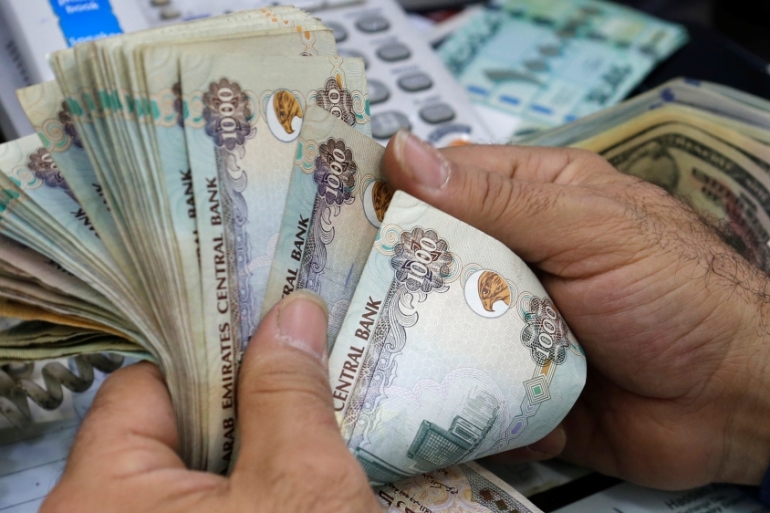
UAE federal legislation implemented an Anti-Money Laundering regulation in UAE to meet the international AML/CTF standards. This regulation came to combat terror financing and financial crimes. UAE’s sole aim was to build a sustainable Anti-money laundering (AML) and Counterterrorist financing (CTF) structure in the country. Another reason is to tackle money laundering and terrorism financing systematically. However, the following laws are carried out in the UAE that serves as the foundation to AML/CTF measures.
Dubai International Financial Centre (DIFC) which was established in 2004, is one of the world’s most known financial centers. However, there is a high risk of financial threats to the country. To counter these threats, UAE authorities established a strict policy to scrutinize all financial activities of firms. Under the jurisdiction of the Dubai Financial Service Authority (DFSA), AML/CTF regulations are imposed on special economic zones by DIFC regulatory law. Furthermore, under this law, companies within DIFC must comply with the requirements imposed by the federal law.
The Minister of Justice announced in November 2020 that specialized courts will be set up for anti-money laundering. These courts are within the structure of federal judiciary in the courts of Ajman, Sharjah, Fujairah and Umm Al Quwain. Also, these established courts will support the country’s cause for tackling financial and money laundering crimes.
In December 2020, the formation of the Executive office of Anti-Money Laundering was adopted by the UAE cabinet. The purpose of establishing this executive office was to counter financial crimes and money laundering-related issues. Certainly, the ultimate goal is to make the UAE an international financial and business hub.
UAE is making all efforts in combating money laundering and terrorism financing crimes by detecting them timely under the established legislation. Also, an International standard system is built in the country which reviews and checks all financial institutions and their transactions and detects any business violating these crimes. The AML/CTF law is continuously updating with additional terms and conditions to improve the overall structure of the framework and ensure its effectiveness. Therefore, it is important for firms to follow up with the latest developments related to AML/CTF laws and review that their local practices reflect the global standards.